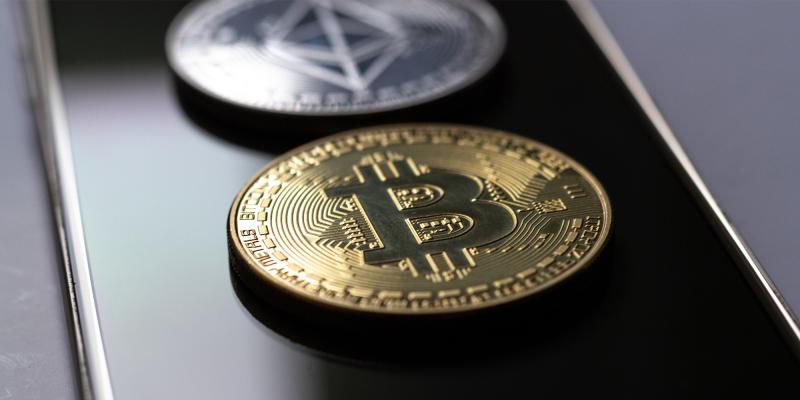
Digital assets or cryptocurrencies are a new medium of exchange that is stored in an electronic form on a physical or digital device. These mediums that store cryptocurrencies are called crypto wallets or online wallet. In the case of a physical device, they are also called hardware or cold wallet. It is important to note that specific wallets may only allow storage of specific cryptocurrencies. E.g. a bitcoin wallet is mean for bitcoins.
Bitcoin wallets store the public or private keys for cryptocurrency transactions. Think of a public key like a bank account number that a user can share with others, while a private key is like a password that is only known to the owner of the bank account. These keys can be used to track the ownership, receive or spend cryptocurrencies.
Due to poor or non-existent regulations for bitcoin and other cryptos, ensure that you first view the local regulator's official resources to verify the legitimacy of any cryptocurrency wallet.
Currently, available bitcoin wallet services can be classified into two groups – hot wallets and cold wallets.
| Hot wallets | Cold wallets |
| Connected to the internet, easy to hack | Not connected to the internet, difficult to hack |
| Convenient to use on a phone, PC or any web browser | Hardware, as well as software compatibility, could be an issue |
| Vulnerable to government regulations | Not vulnerable to government regulations |
In the case of both hot or cold wallets, if you lose the private key, there is no way you can access your cryptocurrency money. It is also essential that you research a wallet provider and how they store your bitcoin investments, as they too are vulnerable to hacks.
Most people think that since cryptocurrency wallets are linked to a blockchain they are highly secure, but that is a myth. While blockchain itself is highly secure, the tools and programs linked to it are vulnerable to misuse.
While there is no assured way to ensure safety, there are some wallet providers who have navigated much of the risk of cryptocurrencies for you. Here we list some of the reliable bitcoin, Ethereum and other digital token wallets based on user and peer reviews, and recommendations from legitimate investing resources.
Note: Since the cryptocurrency space is largely unregulated, the best way to avoid frauds is by using popular service providers and checking user reviews before transferring any money. Hence, the Alexa ranking.
| Name of wallet | Type | Supported Crypto | Alexa Rank* |
| Exodus | Hot wallet | Bitcoin and 100 others | 28,681 |
| Electrum | Hot wallet | Bitcoin only | 36,851 |
| Mycelium | Hot wallet | Bitcoin, Ethereum and ERC-20 | 153,626 |
| Ledger | Cold wallet | Multiple crypto | 7,760 |
| Trezor | Cold wallet | Multiple crypto | 4,053 |
| Coinbase | Hot & cold wallet | Multiple crypto | 636 |
| Trustwallet (Binance) | Hot wallet | Multiple crypto | 8,504 |
| Paxful | Hot wallet | Bitcoin, Ethereum, Tether | 4,142 |
| Nominex | Hot wallet | Bitcoin, Ethereum and 58 others | 52,090 |
| Bitfinex | Hot wallet | Multiple crypto | 4,472 |
* Alexa rank is a measure of a website’s popularity and performance.